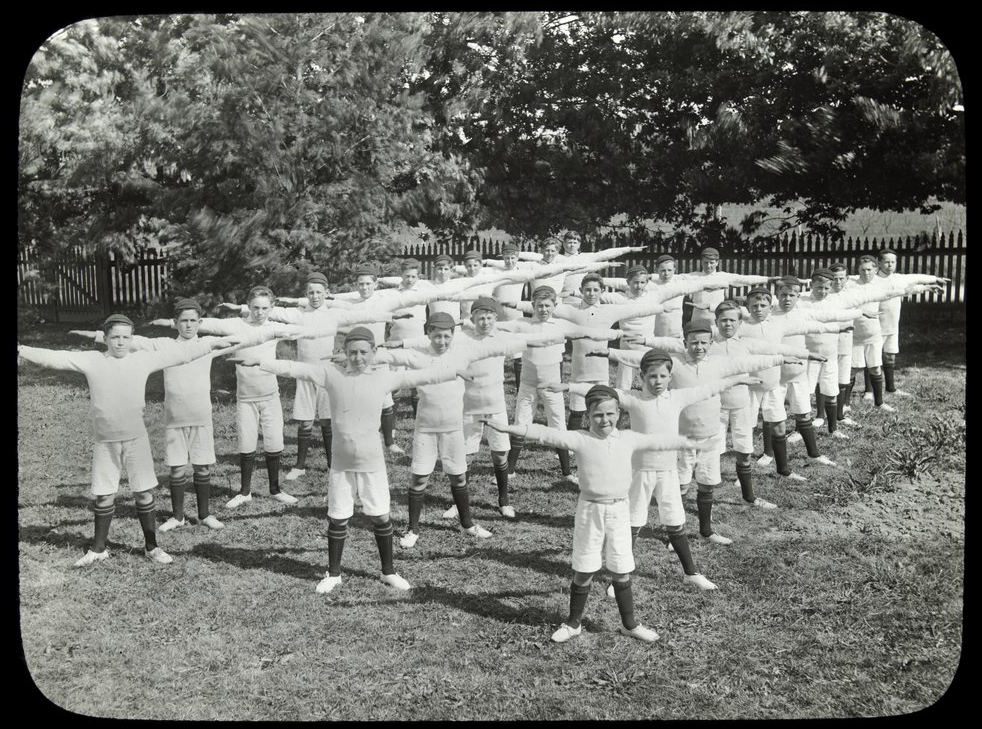7 Practices for Developing and Discipling Your Coaches
 Whatever you want to happen at the member level, will have to happen to the leader first.
Whatever you want to happen at the member level, will have to happen to the leader first.
Some things are self evident, aren't they? If you want the members of your groups to know what it's like to be prayed for, to be cared for, to be loved unconditionally, to be challenged appropriately...their leaders absolutely must have already experienced that. See also, Life-Change at the Member Level.
If you want the members of your groups to know what it's like to be prayed for, to be cared for, to be loved unconditionally, to be challenged appropriately...their leaders absolutely must have already experienced that. Share on X
Makes sense, doesn't it?
Here's the thing. Your small group leaders can only give away what they've personally experienced. The question is, how will that happen? Think you can pull them off the shelf that way? Nope. You must know that whatever you want your leaders to be able to give away, you will need to give your coaches.
Remember, very little about coaching has to do with teaching technique to leaders. Once a leader has been leading their group for more than about 90 days...what they really need is someone a few steps ahead who will help them grow in Christ. See also, How Much of Coaching Is About Technique?
Once a leader has been leading their group for more than about 90 days...what they really need is someone a few steps ahead who will help them grow in Christ. Share on X
7 Practices for Developing and Discipling Your Coaches
1. Get to know your coaches.
Whatever else you do, ask questions. Find out about their families and friends, their work, their hobbies, and their hopes. Take notes. Nothing says you're actually listening like remembering to ask about it the next time you talk.
2. Meet with your coaches both individually and as a group.
It will always be tempting to use email as the way you connect and distribute information or assignments. Don't fall for it. Meet for coffee. Meet for lunch. Meet for coffee and dessert. If you have an agenda, make doing life together the number one agenda item.
3. Get out of town with your coaches.
Take a Friday night and Saturday morning. Bring along a movie to watch and games to play and plenty to eat. It doesn't have to be an expensive get away. It doesn't even need to be very far away. Just far enough to make spending the night the only option.
4. Memorize scripture verses or passage with your coaches.
Choose verses that apply to spiritual growth or maturity. Make the assignment regularly. Check progress. Make a game out of it.
5. Develop your coaches' spiritual habits.
Share what you do in your quiet time. Talk about what God is saying to you. Ask your coaches what God is saying to them. Model a lifestyle they can pass on to the leaders in their coaching huddle. See also, 8 Commitments for Small Group Leaders and 8 Habits of Life-Changing Small Group Leaders.
6. Do a study with your coaches.
Choose a study that will stretch them and you. Meet monthly to discuss and apply. One of my favorite studies for this is Fully Devoted and another is Simplicity.
7. Read a book with your coaches.
Choose a book that will open your coach's eyes to leadership principles. Some of my favorites are Practically Radical, The Leadership Challenge, and Good to Great. Give a reading assignment and meet monthly to talk over learnings and applications.
Image by State Library Victoria Collections



You have given 7 Practices for Developing and Discipling Your Coaches. Question: Who is responsible to do this with the coaches? The pastors? I was hoping that you have tips on what the coach should be doing with their small group leaders instead?
Hi Sylvia! Thanks for jumping in here! First of all, who ends up doing this with your coaches depends on how many coaches you have. We believe everyone needs to be cared for by someone but nobody can take care of more than (about) 10. That said, if you have 5 coaches and 25 small groups, your small group pastor could provide this care for your coaches. If you have 12 coaches and 60 small groups, you’re at a size where you need to begin thinking about a level above a coach (we would call that a community leader) who cares for coaches. Then, your small group pastor might provide care for 2 or 3 community leaders and your community would provide care for your coaches. Make sense?
Second, don’t miss the fact that the point of the 7 practices is that by doing them “to and for” your coaches, your coaches will do the same things to your leaders. Doing these same things to your leaders will prepare leaders to do them “to and for” their members.